Charlamagne Tha God says that he has former South Carolina State Representative Bakari Sellers to thank for his show's recent haul of top political guests, including his recent interview with Vice President Kamala Harris.
Podcast appearances have become central for both campaigns in the latter stages of the 2024 election. Candidates' performances on these less traditional platforms are now considered critical for garnering support among younger audiences. Harris and her White House opponent, former President Donald Trump, have fully committed to this strategy, appearing on shows such as Call Her Daddy and Flagrant in recent weeks, leveraging the less formal setting to promote their personalities and agendas.
Charlamagne, born Lenard Larry McKelvey, is the host of the nationally syndicated radio show The Breakfast Club, which aired to an estimated audience of some 8 million listeners monthly in 2020, according to the Los Angeles Times citing Nielsen data, with millions more tuning into the Spotify podcast or watching YouTube videos of the show's interviews with top guests.
Charlamagne's show has increasingly featured political guests, with Harris' on October 15 appearance being the most recent high-profile interview.

On Thursday, Charlamagne appeared on former political consultant David Axelrod's podcast, during which the former Obama aide asked him how his show had transformed into a "go-to place" for the country's top politicians.
He said that credit was owed to Sellers, who served in the South Carolina House of Representatives between 2006 and 2014, and who first appeared on The Breakfast Club in 2014, returning several times since. Sellers has since become a long-term political commentator on CNN.
As fellow South Carolina natives, Charlamagne said the two had known each other for a long time, and that Sellers was one of the first to realize the power of such shows like Charlamagne's as a means of heightening one's public visibility.
"He started telling other people: 'Y'all need to go on Breakfast Club,'" Charlamagne said.
Since that interview, Charlamagne has gone on to interview Bernie Sanders, Hillary Clinton and numerous other prominent political voices.
Last week, he sat down with Harris for a live, hourlong interview, billed as "We The People: An Audio Town Hall with Kamala Harris."
During the discussion, Harris responded to claims that she "won't specifically do anything for Black people" and that her personality is overly "scripted," while accusing her rival of posing a significant threat to American democracy.

Given that Charlamagne's show—once dubbed a "gateway for politicians seeking to reach a young, diverse audience"—has a large Black audience, the interview itself appeared to be an effort by the Harris campaign to shore up the candidate's support from this section of the electorate, with whom she has so far underperformed Democratic predecessors.
The final New York Times-Siena College poll, released on Friday, found that 81 percent of Black likely voters would vote for Harris if the election were held on the day they were surveyed. While this marks an increase from 78 percent earlier in October, it is still well below the level of support (92 percent) garnered by President Joe Biden in the 2020 election.
Trump, similarly, has been attempting to gain in the 18-29 age bracket, in which he trails Harris 43 percent to 55 percent, with a flurry of appearances on podcasts with primarily younger audiences.
The former president has already sat down with Lex Fridman, Theo Von and with the hosts of the Flagrant podcast on October 9.
Trump is also set to make his first appearance on The Joe Rogan Experience, one of the most-listened to podcasts in the world, on Friday.
While Harris was rumored to be making an appearance on Rogan's show, her campaign recently said that this will not take place, citing scheduling issues.
Follow Newsweek's live blog for the latest election updates.
Do you have a story we should be covering? Do you have any questions about this article? Contact LiveNews@newsweek.com.




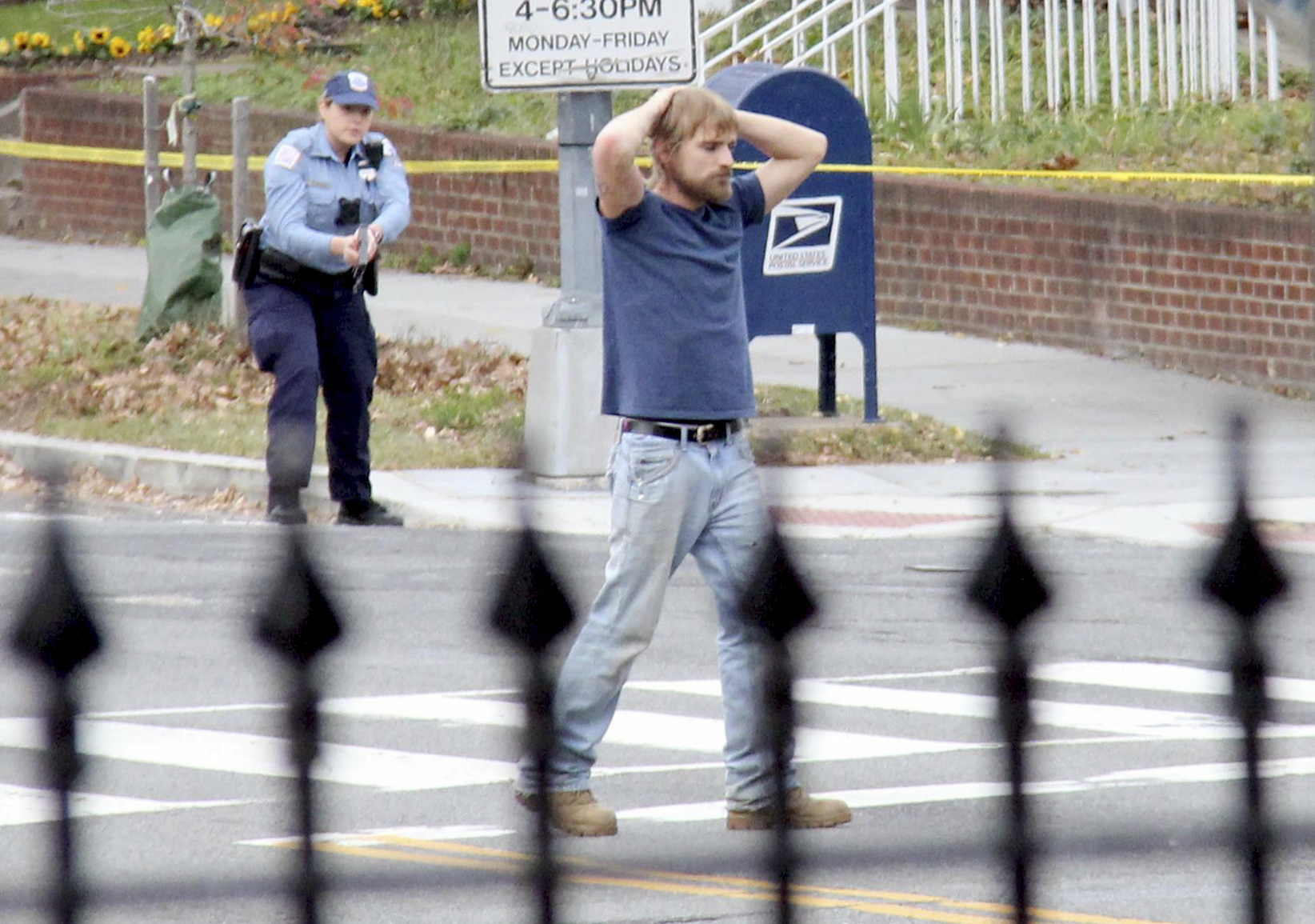
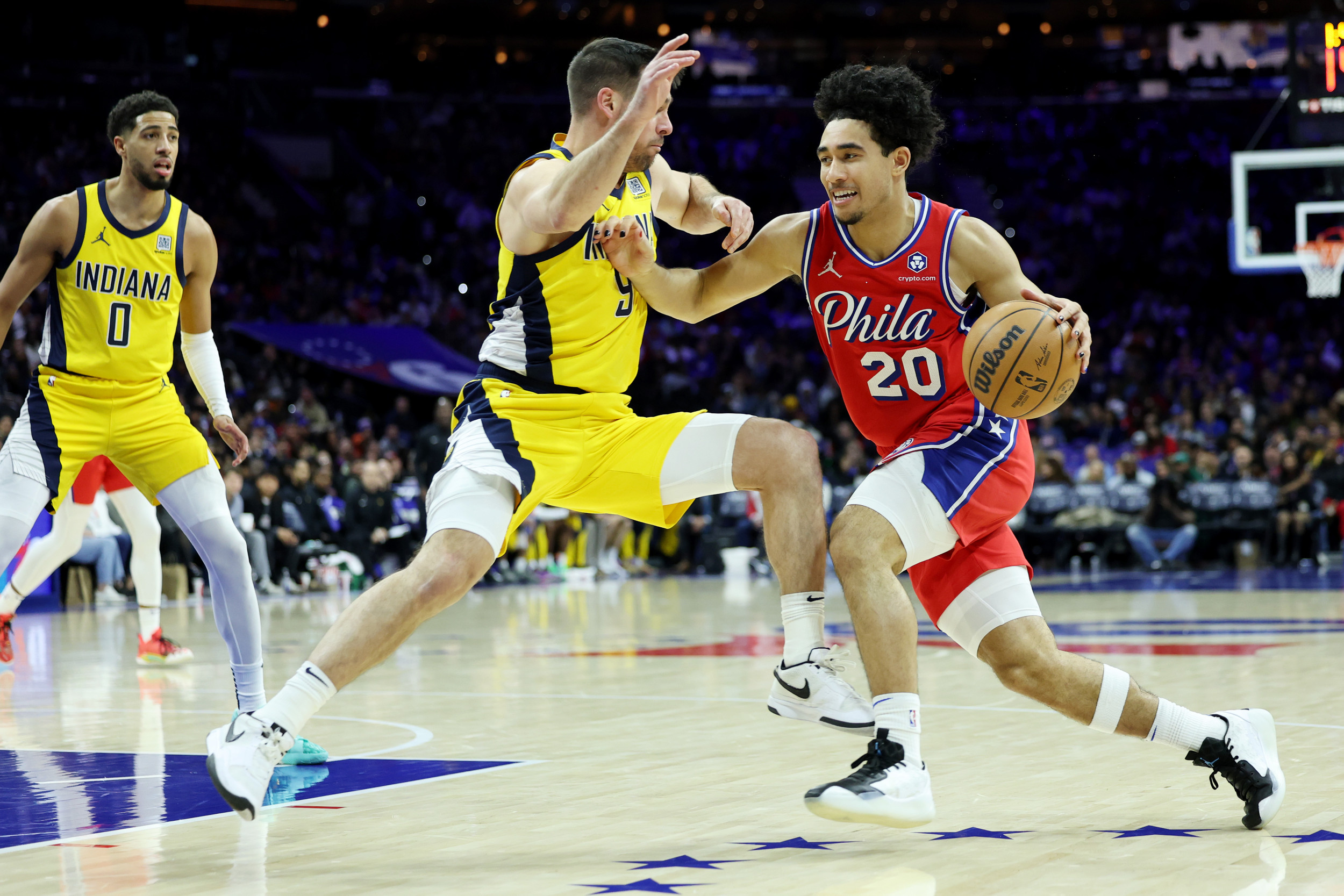

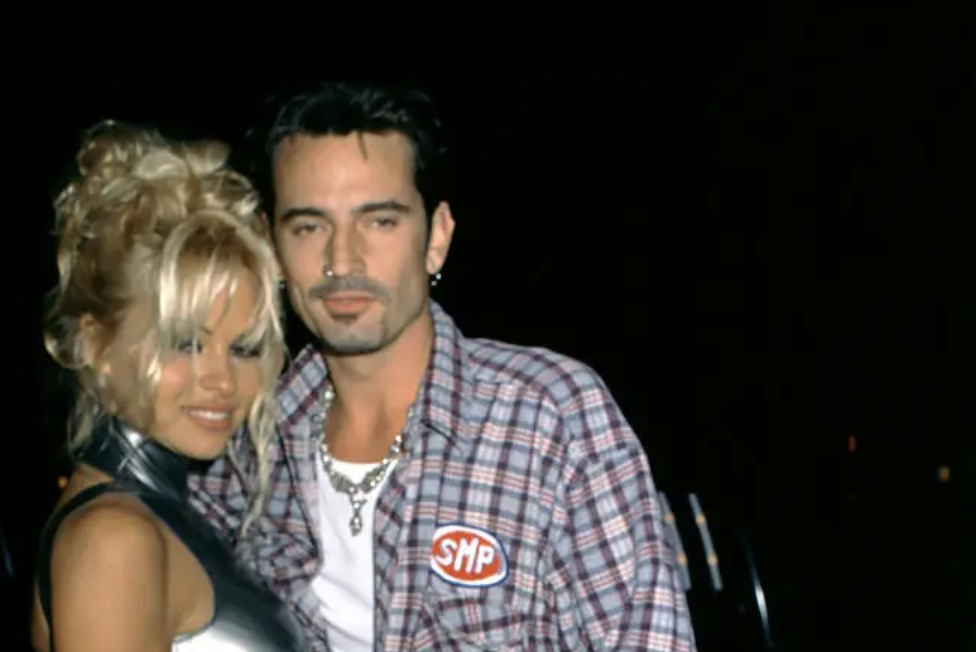
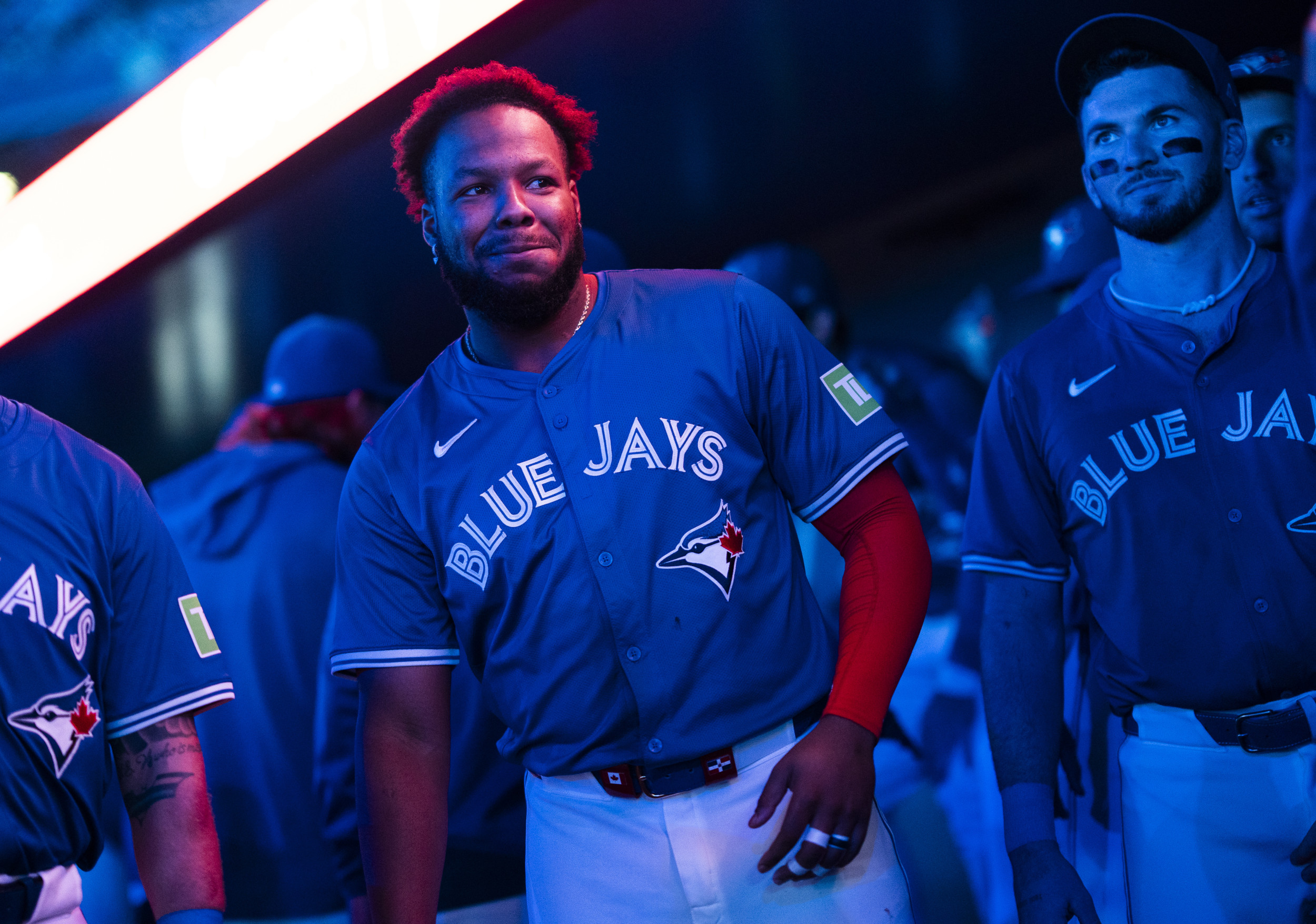
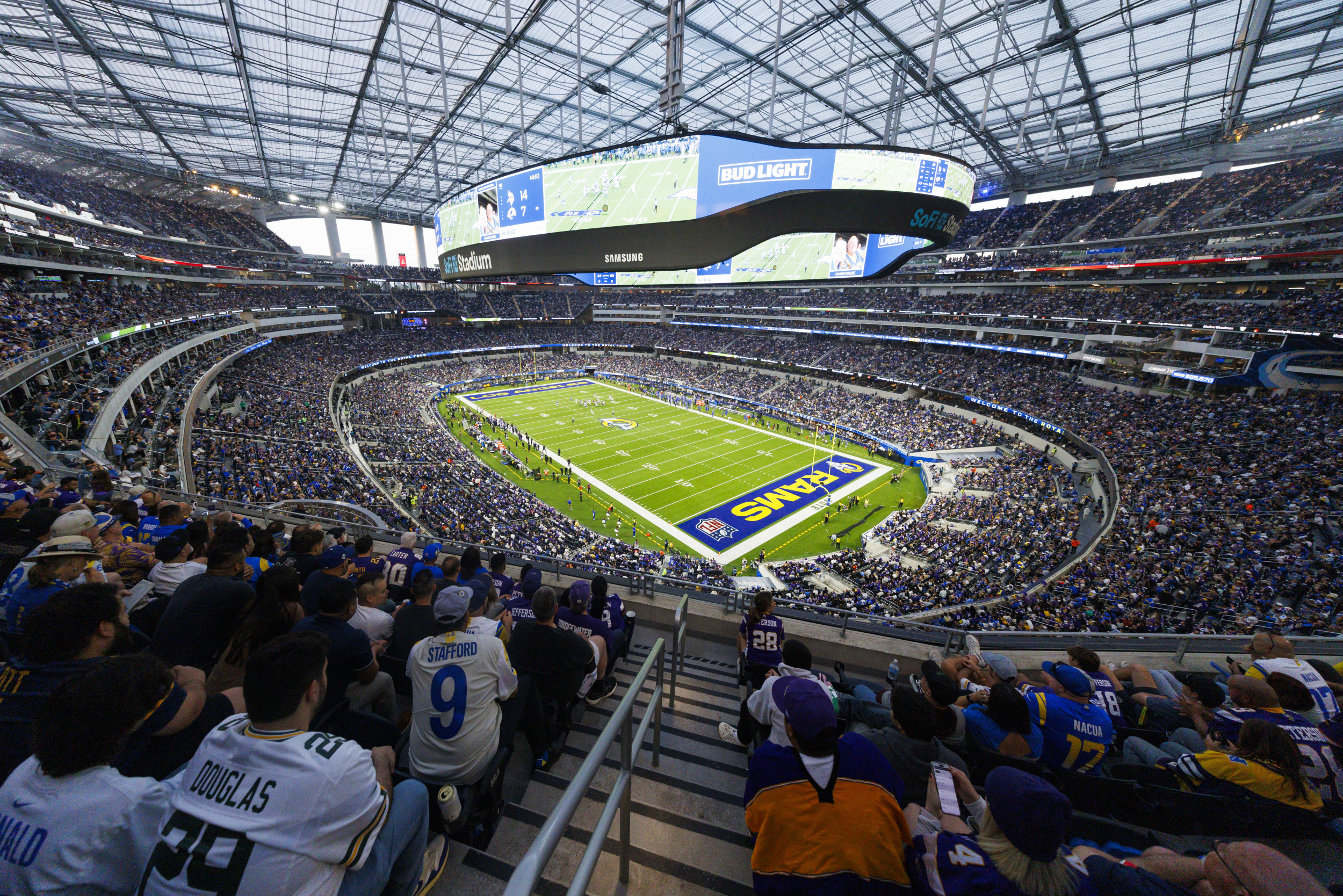










 English (US) ·
English (US) ·